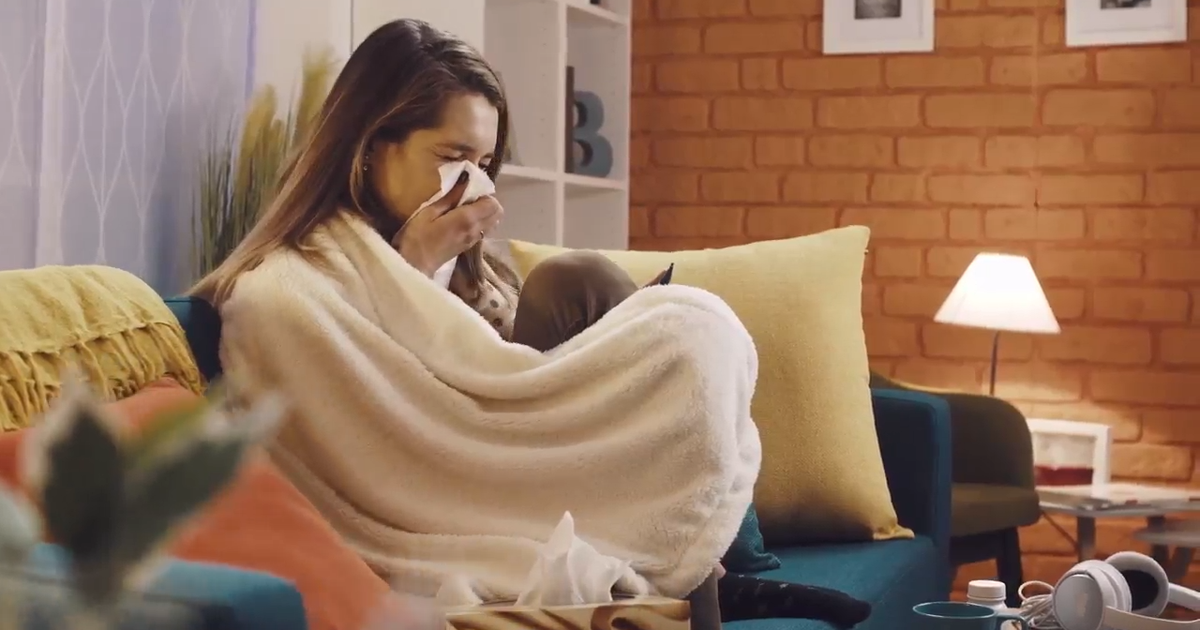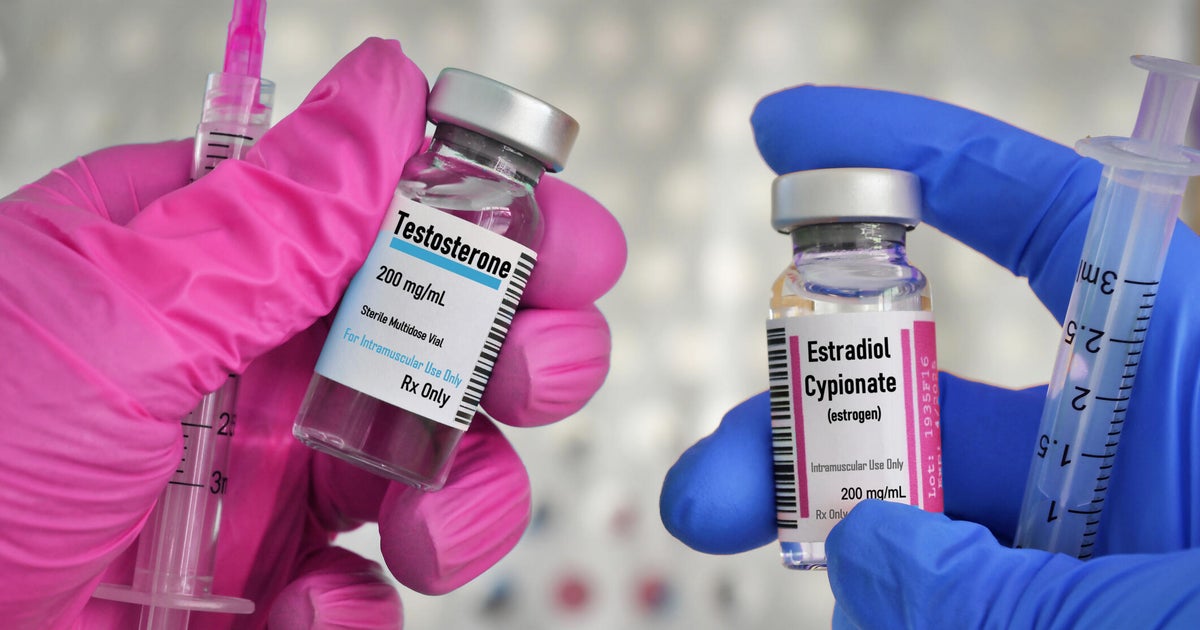New study links tear gas exposure to adverse reproductive health outcomes
MINNEAPOLIS — During protests in the summer of 2020 following the murder of George Floyd, law enforcement used chemical irritants on the crowds. Later, some protestors reported disruptions in their menstrual cycles and reproductive health.
The anecdotal reports prompted a study at the University of Minnesota School of Public Health and Planned Parenthood to explore the relationship between tear gas exposure and reproductive health.
"Anyone who was an adult who was exposed to tear gas during that time period and who had a uterus was eligible to participate in this study," UMN Graduate Student and Planned Parenthood Research Scientist Asha Hassan said.
MORE: 1,000 George Floyd protest murals on the move
The team of researchers conducted a survey of protestors from across the country. Of the more than 1,200 participants used in the analysis, 83% reported adverse reproductive health outcomes. They included uterine cramping (69%), early menstrual bleeding (55%), breast tenderness (30%), and delayed menstrual bleeding (19%). Those with five days or more of exposure experienced 2.6 times more negative reproductive outcomes.
"This is really something that is exploratory and yes there is a relationship between being exposed to tear gas and having these adverse reproductive health outcomes," Hassan said.
The study found participants were exposed to chemical agents for 6.1 days on average. The longer the exposure, the more adverse effects were felt. The study also had several limitations and could not prove cause and effect. Some limitations include the impact of hormonal birth control, stress and trauma.
In January of 2023, the Minneapolis Police Department revised its policy when it came to the use of chemical agents. Now, police can use crowd control tools such as chemical agents only in specific situations after high-level authorization.
In a statement Chief Brian O'Hara said, "Any report of health concerns due to exposure to chemical irritants should be concerning to law enforcement as well as the public. For many reasons, MPD has made significant recent policy changes to ensure a more thorough consideration of the wellbeing of all involved before deploying crowd control weapons such as tear gas. The use of crowd control tools can now only occur in specific situations after the proper, high-level authorizations."
Hassan hopes the study fuels more research on the impact of tear gas on reproductive health.
"This sort of data is really just a first step. I think there's a lot of questions still to be asked and I'm glad those are questions being put forth right now," she said.







